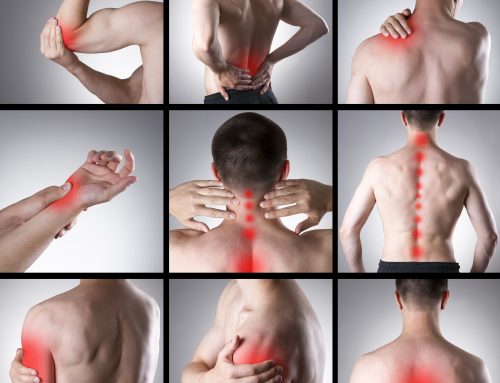We all have feelings of anxiety, worry and fear sometimes. These can be normal responses to certain situations. For example, you might worry about a job interview, paying bills , fear of the future living with Covid 19 in our society . These feelings can give you an awareness of the risks and what you need to do in a difficult or dangerous situation. This reaction is known as ‘fight or flight.’
Your brain responds to a threat or danger by releasing stress hormones such as adrenaline and cortisol. Even if you have imagined the danger, these hormones cause the physical symptoms of anxiety. Once the threatening situation has stopped, your body will usually return to normal.
But if you have an anxiety disorder these feelings of fear and danger can be ongoing and interrupt your daily routine long after the threat has gone. They can make you feel like things are worse than they actually are.
Everyone’s experience of anxiety disorders is different. Not everyone who has an anxiety disorder will experience the same symptoms.
Mental symptoms of anxiety can include:
- racing thoughts,
- uncontrollable over thinking,
- difficulties concentrating,
- feelings of dread, panic or ‘impending doom’,
- feeling irritable,
- heightened alertness,
- problems with sleep,
- changes in appetite,
- wanting to escape from the situation you are in, and
- dissociation.
If you dissociate you might feel like you are not connected to your own body. Or like you are watching things happen around you, without feeling them.
Physical symptoms of anxiety can include:
- sweating,
- heavy and fast breathing,
- hot flushes or blushing,
- dry mouth,
- shaking,
- hair loss,
- fast heartbeat,
- extreme tiredness or lack of energy
- dizziness and fainting, and
- stomach aches and sickness.
Anxiety can often lead to depression.




Leave A Comment